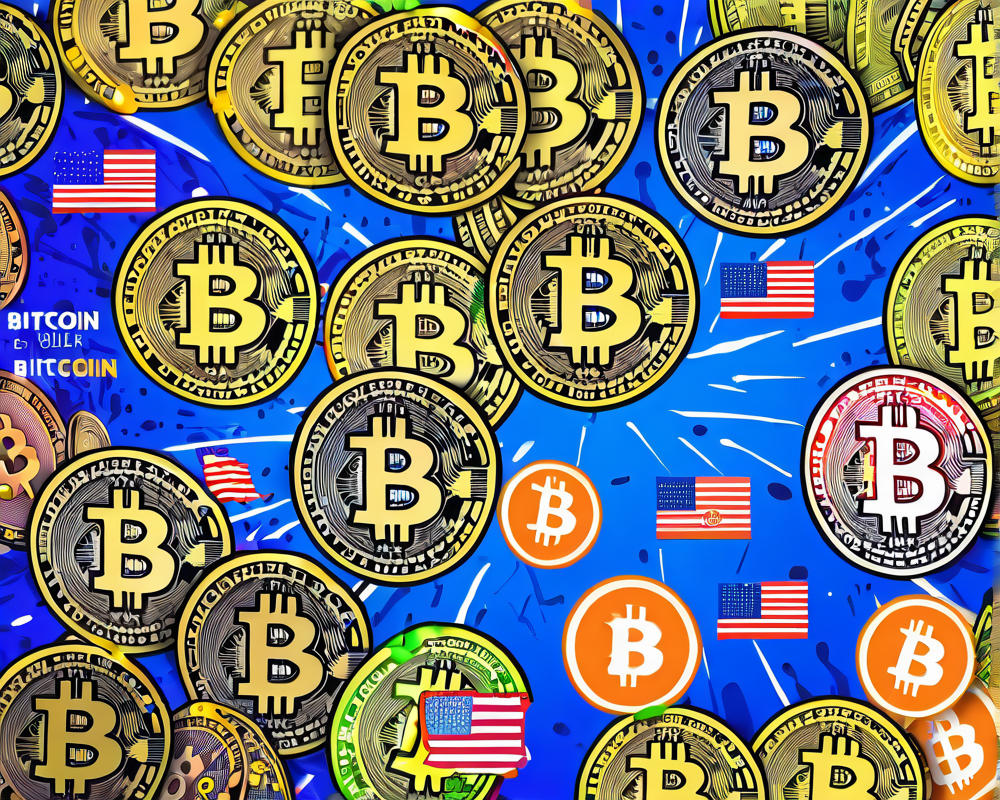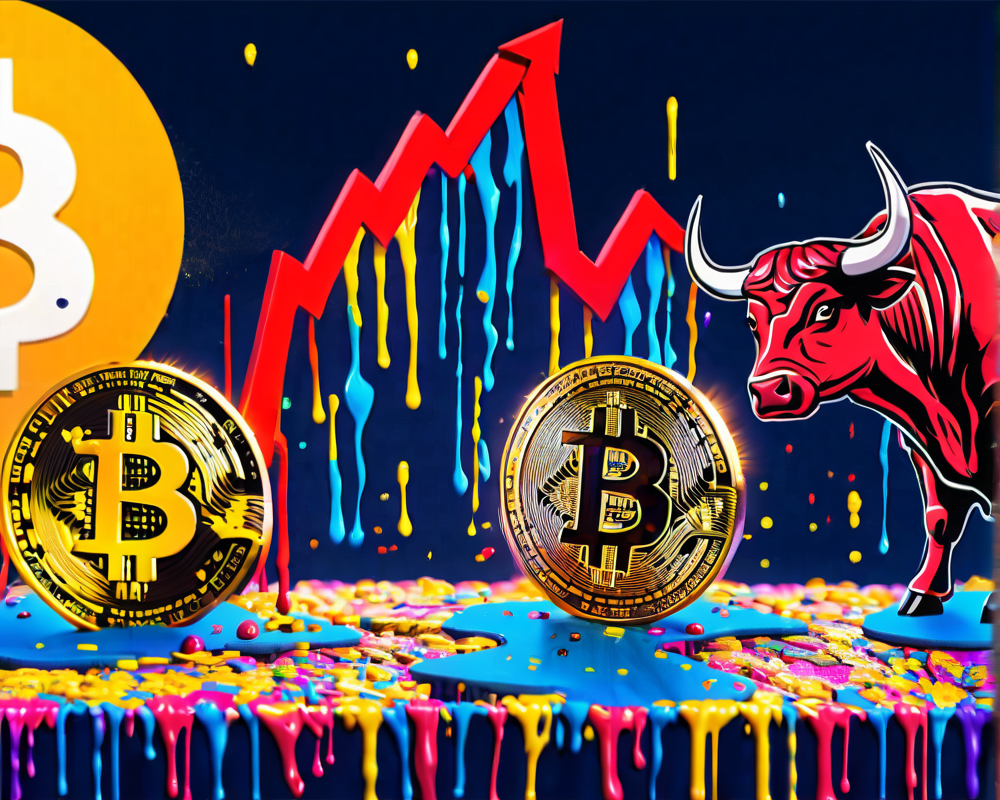The Inflation Showdown: Bitcoin vs. The Dollar
In the quirky world of finance, few things are as riveting as a good old-fashioned showdown – and what better contenders than Bitcoin (BTC) and the ever-trusty U.S. dollar? According to the St. Louis Federal Reserve, Bitcoin is surprisingly keeping up with price hikes better than its fiat counterpart, at least when it comes to one specific item: eggs.
“Eggflation”: The Price of Breakfast in Crypto
“Eggflation” may sound like a bad sitcom waiting to happen, but it’s a real phenomenon that the Fed explored in its fragmented blog posts. The anonymous Fed author threw in a challenge, measuring the price of a dozen eggs in BTC and U.S. dollars since January 2021, with some eyebrow-raising conclusions. While hodlers might not be aiming to buy breakfast with their digital gold, this comparison is still egg-citing nonetheless.
The Satoshi Shuffle: BTC vs. Dollar
As per the Fed’s findings, the trading price for a dozen eggs in BTC has been quite the rollercoaster – fluctuating between 2,829 and 6,086 satoshis, far more than the stable dollar price. At one point, your Bitcoin purchase might even require a $2 transaction fee, which can shoot up to a staggering $50 during high traffic – not exactly a steal. So, if you’re planning on using your Bitcoin for breakfast, you might want to consider ordering a whole dozen rather than just one egg.
Egg Prices: The Numbers Don’t Lie
The charts in the Fed’s blog are a treasure trove of data, indicating that Bitcoin’s buying power for eggs is on the upswing, having required 70% fewer satoshis in August 2023 compared to a previous peak. In contrast, the dollar only gave you 58% fewer dollars for the same purchase, making for some fascinating (yet confusing) math about which currency is the better grocery shopper.
Historical Comparisons: A Closer Look
If we look back to early 2021, the average cost of a dozen eggs in both currencies has surged. The dollar’s increase stands at around 39%, while Bitcoin seems to have cheered in the face of adversity, with an increase of 73%. Despite these numbers seeming high, don’t let them crack your spirits; a look at the longer-term trend reveals the price of eggs was way lower back during Bitcoin’s last pre-halving event in 2019.
The Future: Recession or Renewal?
Now, as the U.S. Dollar Index balloons to near one-year highs, eyebrows across the market are raised. Analysts are warily eyeing signs of a potential recession in 2024, a prediction bolstered by nearly 60% odds from the Fed’s findings. Is the dollar’s dominance at risk, and could Bitcoin – the digital rebel – step into the ring as the inflation champion?
Conclusion: Hitting the Grocery Aisles with Caution
In this entertaining tussle of currencies, the key takeaway might be that whether you’re dealing with eggs or investment strategies, it’s crucial to weigh your options. Neither currency offers a golden ticket, especially considering the risks involved with cryptocurrencies. Always conduct your own research before deciding where to put your hard-earned cash!




